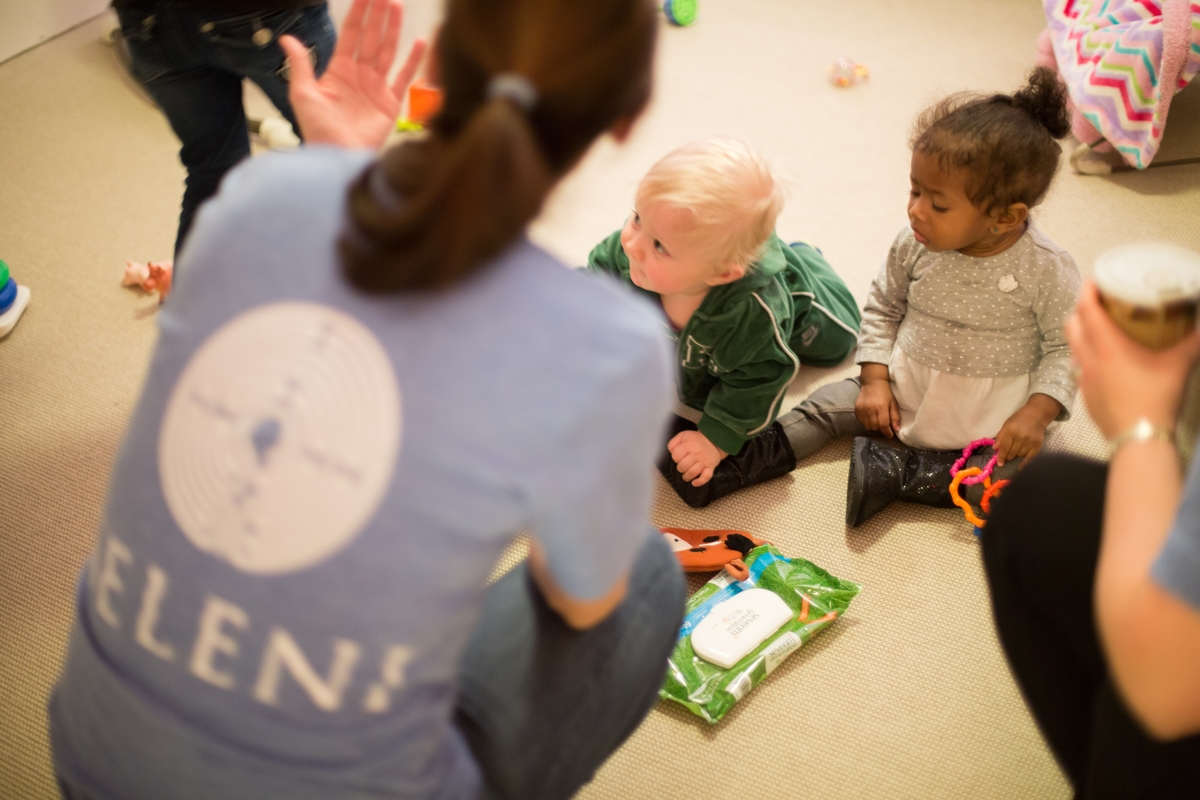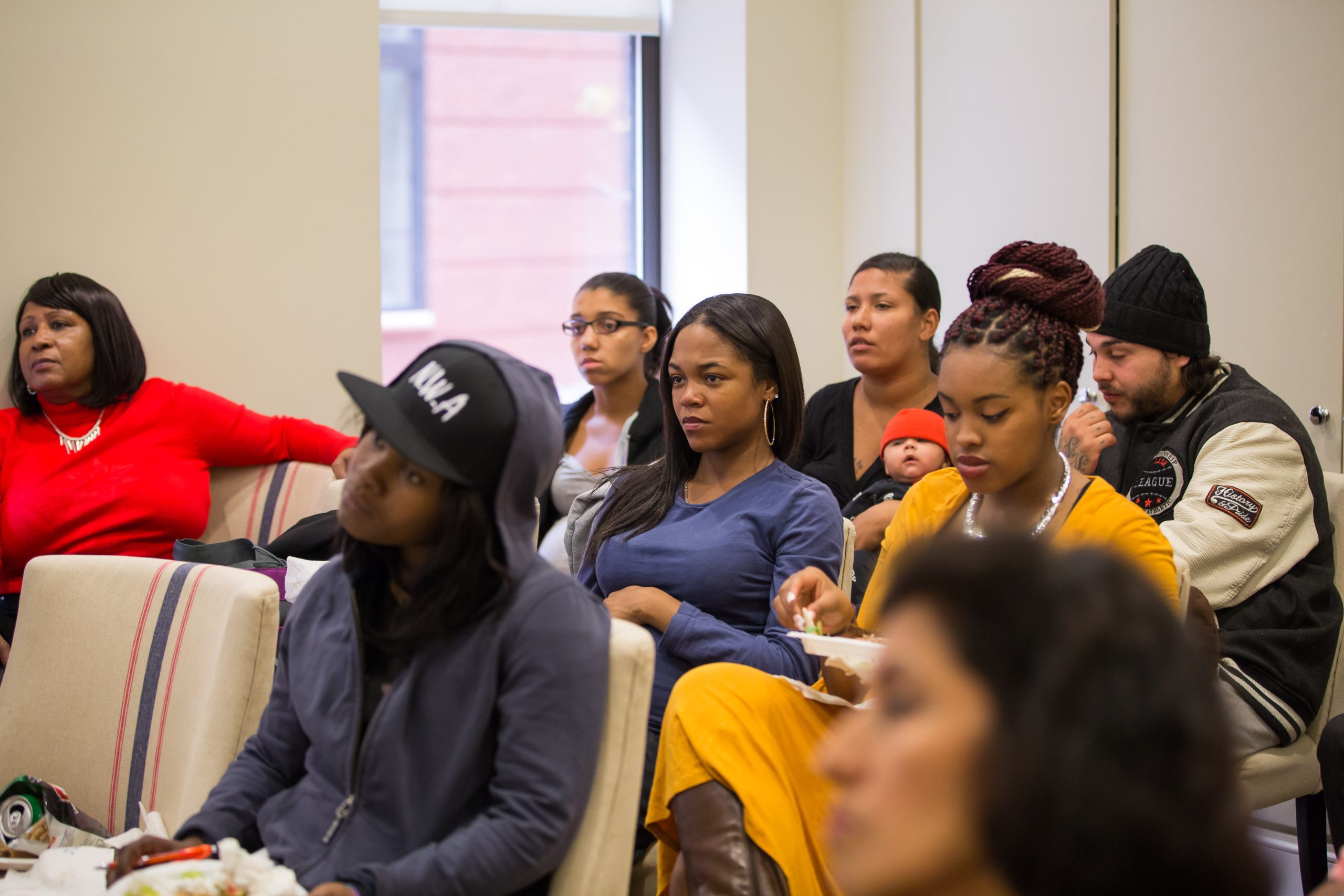INSIGHT: “How to support someone after a stillbirth” by Nitzia Logothetis, MSc, MA
There is no right way to respond – what matters is that you do.

As a society, we’re not comfortable discussing such pregnancy losses as miscarriage and we’re even more intimidated by the thought of stillbirth. It is a tragedy that violates the very perception of what life should be and even shatters the dreams of bystanders. So the urge to shy away from it is normal.
But very soon two important new films will bring this difficult topic to light. Return to Zero, a drama starring Minnie Driver and Paul Adelstein, airs on Lifetime on May 17. It’s based on the true story of the filmmaker, Sean Hanish, who lost a child at 37 weeks.
And in the United Kingdom, filmmakers are raising money to produce the documentary, Still Loved, which tells the stories of couples across the UK who have lost children to stillbirth. Both films are committed to sharing an experience that many people go through but so few comprehend.
The grief of stillbirth is like none other. Most of us understand what happens when we lose a person close to us. We revisit the memories of our time together. We cry over the relationship we had and the future we have lost.
When someone loses a child to stillbirth, that relationship didn’t even have a chance to develop. So a mother is mourning the loss of a dream, the loss of potential, and the loss of her own faith that things will be ok. Along with her hopes for the child she would have had, she loses faith in a safe conception, pregnancy, and birth. And that grief is often compounded by constant questions about whether anything could have prevented her child’s death.
These feelings are all deeply intimate, rarely articulated, and little understood. Sarah Muthler, who we are happy to report just gave birth to a healthy baby boy, has written beautifully and honestly about losing her daughter Genevieve to stillbirth. Her words, along with these new films on stillbirth, offer us a window into what the experience feels like.
So as a friend or family member, when a loved one loses a child to stillbirth, how can you begin to respond? I recommend acknowledging your own feelings and accepting that you may not know what to say or how to act. That’s ok. You and the mother who has lost her child are both in foreign territory. What matters most is showing that you care, that you accept whatever she is going through, and that you will be there for her.
Sometimes we can feel so overwhelmed and awkward about how to handle a difficult situation that avoiding it entirely seems like the safest course. But know this: Stillbirth is scary, confusing, and completely unfair, and it’s ok if your response to it is equally messy. The only way to make it worse is to pretend it didn’t happen.
You are not going to remind her of her loss or make her sadder by bringing it up. Her loss is constantly on her mind whether or not you talk about it. It’s often very comforting for mothers who have had a stillbirth to be able to talk about their lost child. And it is devastating to think no one understands what you have lost. So just be there and show that you do.
For specific ways to support someone after pregnancy loss, see Erica Kain’s guide.

 Leader Nancy Pelosi Visits Seleni Institute
Leader Nancy Pelosi Visits Seleni Institute  Dr. Katherine Sharkey of Brown University and Rhode Island Hospital Receives Inaugural Seleni Institute Research Award
Dr. Katherine Sharkey of Brown University and Rhode Island Hospital Receives Inaugural Seleni Institute Research Award  Second Young Parent Expo for pregnant and parenting teens proves to be Seleni Institute’s most popular teen event
Second Young Parent Expo for pregnant and parenting teens proves to be Seleni Institute’s most popular teen event